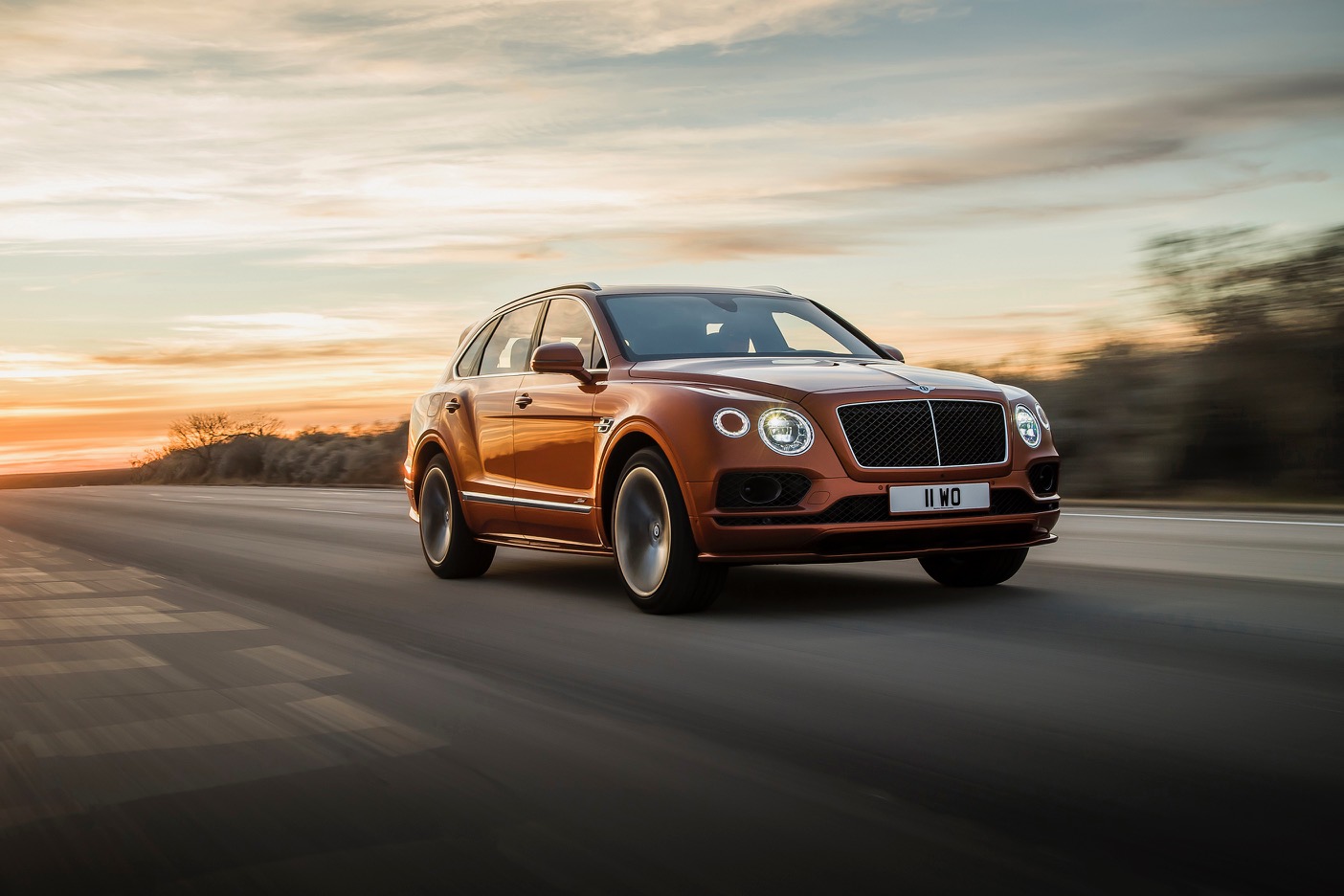Auto
Sometimes, a Bentley Just Can’t Compare to a Skoda: Chris Bryant

Tesla drivers are fond of the electric vehicle’s giant touchscreen display, but for more conservative buyers of luxury cars such digital systems might seem a tad unrefined.
Thankfully, Britain’s Bentley has solved this very first-world problem on its new Continental GT model by offering a revolving panel that will spin around to show analogue gauges instead of the screen, when so desired. (Here’s a video of how it works).
Unfortunately, neat touches like this haven’t helped the Volkswagen-owned carmaker actually make money. On the contrary, Bentley – which is celebrating its centenary – reported a 288 million euros ($325 million) operating loss last year, the German parent’s annual report showed on Tuesday.
Bentley’s losses are unsettling because, in theory, it should benefit from economies of scale from being part of the much larger VW group. The red ink also runs counter to the idea that luxury carmarkers generate fatter profits than mass-market brands. VW’s Skoda unit makes far far more money than Bentley does.
VW’s stable of “super-premium brands” is certainly valuable, but that’s mostly down to Porsche. The sportscar company made a 17.5 percent operating return on sales last year, compared to Bentley’s negative 18.5 percent. In truth, the hefty profit margins made by Porsche and rival Ferrari NV are the exception in the car industry – something that shareholders of recently-listed Aston Martin Lagonda Global Holdings Plc might want to bear in mind.
There are several explanations for Bentley’s malaise. The weak pound has pushed up the cost of imported components, the company is having to invest heavily to electrify its product line-up and there was a one-off item related to the pension plan. The launch of the Continental GT (grand tourer) was delayed because management decided some elements weren’t up to scratch. As a result, the car wasn’t available in the U.S. and China, key markets for the brand. New emission tests caused more delays, meaning customer deliveries fell 5 percent to 10,500 units. That’s unhelpful for a company with lots of fixed costs.
Curiously, production of Bentley’s Bentayga SUV fell 16 percent last year to just 4,100 units, and sales declined by a single-digit percentage. While that’s due principally to those emissions hold-ups, it might also indicate that demand for the vehicle has plateaued. A hybrid version of the Bentayga due this year may woo more environmentally-conscious customers but the vehicle’s tank-like looks might still not be to everyone’s taste. In any case, the SUV hasn’t been a panacea for profits, as one might have expected.
No wonder then that Bentley replaced its chief executive last year and VW boss Herbert Diess says in the annual report that the British unit will have to “work more efficiently.” While Bentley does expect to return to profit in 2019, a difficult Brexit wouldn’t help. There seems little hope that its profits will rival Ferrari’s anytime soon.
Bentley’s operating margin has averaged 6.8 percent over the past five years, while Ferrari has achieved 18 percent over the same period, according to Bernstein analyst Max Warburton. He points too to the similarities with Aston Martin on pricing and customers as well as profitability.
Of course, one way that Aston can avoid Bentley’s fate is to make sure its own forthcoming SUV looks better than the Bentayga. That shouldn’t be too difficult.
-

 Banking & Finance2 months ago
Banking & Finance2 months agoOman Oil Marketing Company Concludes Its Annual Health, Safety, Environment, and Quality Week, Reaffirming People and Safety as a Top Priority
-

 News2 months ago
News2 months agoJamal Ahmed Al Harthy Honoured as ‘Pioneer in Youth Empowerment through Education and Sport’ at CSR Summit & Awards 2025
-

 OER Magazines2 months ago
OER Magazines2 months agoOER, December 2025
-

 News2 months ago
News2 months agoAI Security Conference 2025 Hosted by Securado Highlights the Changing Cybersecurity Landscape
-

 Insurance1 month ago
Insurance1 month agoSupporting Community Wellness: Liva Insurance Sponsors Muscat Marathon 2026 with Free Health Checkups
-

 Interviews1 month ago
Interviews1 month agoEXCLUSIVE INTERVIEW: TLS Rebranding Marks Strategic Leap Toward Innovation, Sustainability & Growth
-

 Insurance4 weeks ago
Insurance4 weeks agoLiva Insurance Supports Community Wellness Through “Experience Oman – Muscat Marathon 2026”
-

 Banking & Finance4 weeks ago
Banking & Finance4 weeks agoA New Platform for SME Growth: Oman Arab Bank Unveils Tumouhi































You must be logged in to post a comment Login